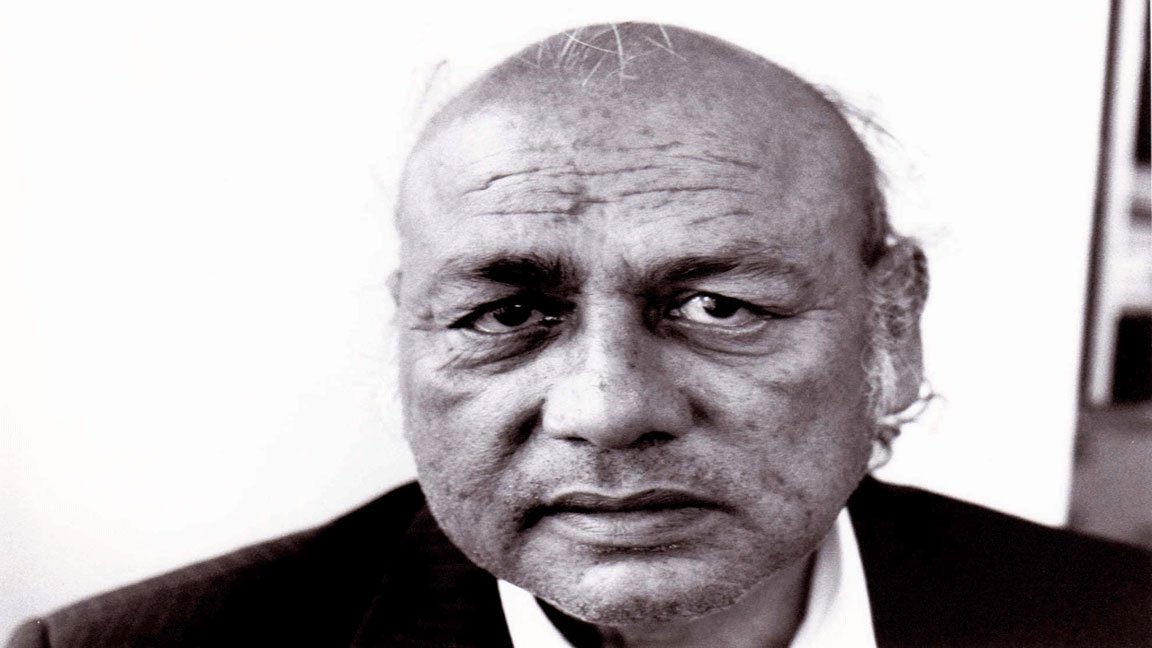Renowned actress and social activist Atiqa Odho has opened up about the harsh realities faced by divorced women in Pakistan, shedding light on how deeply rooted societal stigmas continue to affect even the most educated families. In a heartfelt interview, the veteran actress candidly discussed her personal experiences with divorce, social judgment, and the rare yet powerful support she received from her former in-laws.
Divorce Still a Taboo — Even in Educated Families
Speaking emotionally during the program, Atiqa Odho emphasized that divorce remains one of the biggest problems faced by women in Pakistani society, regardless of their social class or education level.
Even in well-educated, upper-class families, divorced women are looked down upon,she said. They are not considered ‘good’ or ‘acceptable’, even when they are doing everything right.
According to Atiqa, society often harshly judges women post-divorce while completely ignoring the circumstances or the strength it takes for a woman to continue living independently.
A Harsh Double Standard
Atiqa pointed out a troubling double standard that exists in some elite families. “I’ve seen that in some upper-class households, if a divorced woman is in an illicit relationship, it’s quietly tolerated. But if the same woman wants to remarry, especially to secure a stable future for herself or her children, suddenly everyone has a problem.”
She described this mindset as deeply hypocritical and harmful, adding that society often gives divorced women no right to happiness or companionship unless it’s kept hidden from the public eye.
Working Through the Pain
Despite the emotional toll, Atiqa shared that she never allowed her divorce to stop her career. I continued to work before and after the divorce,she said. I supported my children, managed my household, and did not let the pain paralyze me. But still, people had problems with me.
She explained that a working, independent divorced woman is often judged more harshly, as if her independence threatens the traditional image people expect her to fit into.
An Unexpected Source of Support: Her In-Laws
In a moving moment during the interview, Atiqa Odho recalled the unwavering support of her former in-laws, particularly her ex-mother-in-law and father-in-law, who stood by her side through difficult times.
Despite the divorce, they showed me nothing but love and care,she said, tearing up as she spoke. They supported me emotionally and even helped raise my children. I still have some of their belongings with me. They were truly family to me.
In a culture where in-laws often distance themselves after a divorce, Atiqa’s story is both unique and inspiring. Her former in-laws never criticized her or created obstacles, and their affection remained unchanged even after the end of her marriage.
A New Beginning Without Judgment
Speaking about her second marriage, Atiqa shared another rare experience. When I decided to remarry, my ex-in-laws didn’t object. They didn’t say anything negative about how my children would live with another father. Their only concern was my happiness and the well-being of the children.
This level of acceptance and emotional maturity is seldom seen in traditional family structures, and Atiqa acknowledged how fortunate she was to be surrounded by such compassion, despite the difficult circumstances.
A Message of Hope and Courage
Atiqa Odho’s story is a powerful reminder of the resilience of women and the urgent need for society to evolve. While many divorced women face rejection, ridicule, and endless scrutiny, her story also offers a glimpse of what is possible when families choose understanding over judgment.
We need to stop punishing women for wanting to move on,Atiqa said. They have every right to work, to raise their children, and to seek love again.
Her candidness not only challenges damaging social norms but also encourages other women to stand strong and reclaim their lives, no matter how society views them.
As more voices like Atiqa Odho’s speak out, there is hope that the stigma around divorce in Pakistan will slowly start to fade, making room for empathy, dignity, and acceptance.



